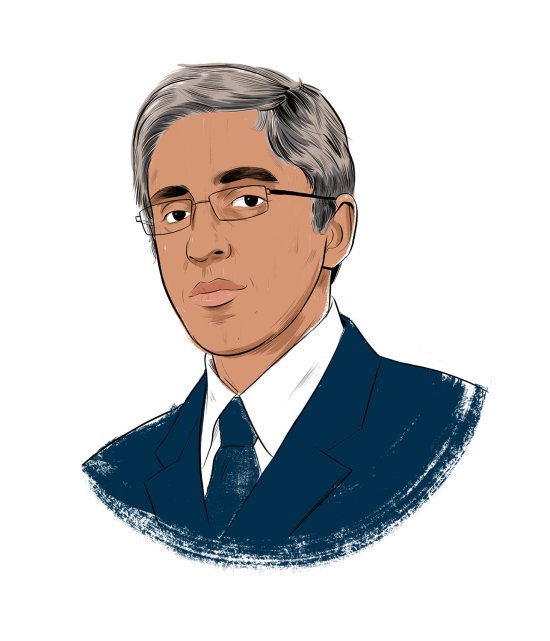
'We know what strategies work'
The prescription-opioid epidemic is one of the most urgent public-health challenges of our time. Since 1999, overdose deaths have quadrupled, which parallels the quantity of opioids prescribed. The majority of prescription opioids that are being misused are coming not from people buying them off the street but from legally written prescriptions. In 2013, enough prescriptions were written for every American adult to have a bottle of pills. The addiction to prescription opioids is also leading to increased use of heroin and the spread of HIV and hepatitis C.
Despite these grim statistics, there are many reasons to be hopeful. Communities across the country are taking steps to turn the tide. In Seattle I met with police officers who are part of a bike unit and have recently started carrying naloxone—a lifesaving antidote to opioid overdose. They told me that the day before I arrived they had saved their 10th life by administering naloxone.
[time-brightcove not-tgx=”true”]
We know what strategies work and what we need to do to end this epidemic: we need to expand treatment. Of the 2 million people in America with an opioid-use disorder, only about a million can get the treatment they need. We need to close that gap.
We need to get naloxone in the hands of more first responders and family members.
We need to not only train health care providers on how to treat pain, but also ensure that alternatives to pain management are covered by insurance.
We need to make sure everyone understands that opioids are addictive. As simple as that may sound, many people—including many physicians—don’t recognize that some commonly prescribed medications are actually highly addictive. This does not mean that opioids should not be used for legitimate pain. Twenty years ago, the medical community acknowledged that we were not adequately treating pain, but the pendulum swung too far in the direction of prescribing opioids. As we confront this epidemic, we don’t want the pendulum to swing too far in the other direction.
Finally, we need to stop seeing addiction as a moral failing and start treating it as the chronic illness it is, one that demands our skill, urgency and compassion. Once we stop judging, we can start helping.
Murthy is the Surgeon General of the U.S.
TIME Ideas hosts the world's leading voices, providing commentary on events in news, society, and culture. We welcome outside contributions. Opinions expressed do not necessarily reflect the views of TIME editors.